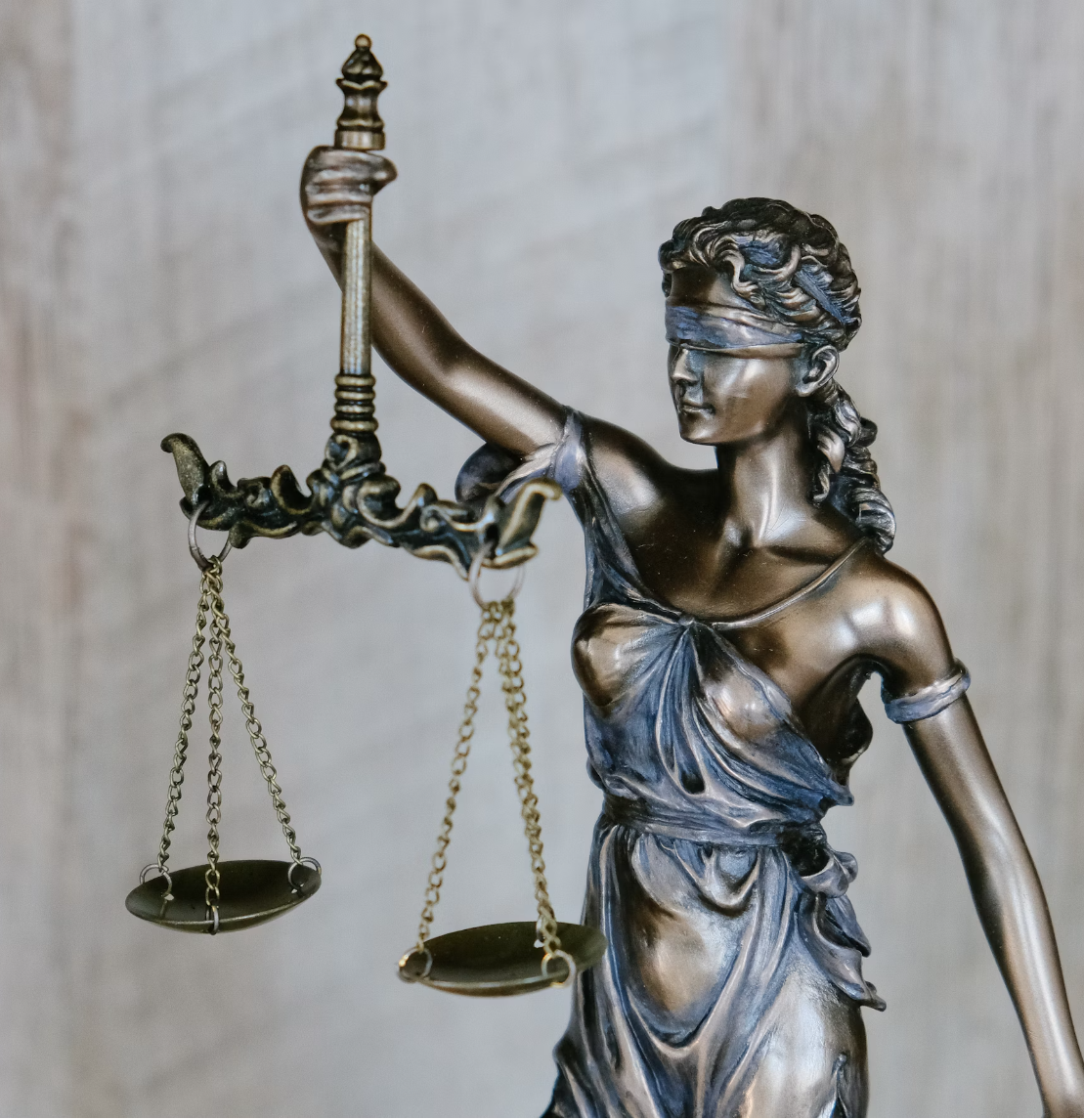The Advertising Standards Authority (ASA) is the UK’s independent advertising regulator. Essentially, the ASA makes sure that ads across the UK media, including social media, stick to the advertising rules. They have administered the non-broadcast Advertising Code for over 50 years and the broadcast Advertising Code for over 10. Additionally, the ASA enforces the CAP Code, which specifically governs non-broadcast advertising, ensuring adherence to fair and transparent practices. ASA works by setting and establishing rules that anyone in the media has to follow and respond to concerns and complaints from consumers and businesses, from which they take action to ban ads which are misleading, harmful, offensive or irresponsible. They also monitor ads themselves to check that they are following the rules.
ASA has:
- The UK Code of Broadcast Advertising (BCAP Code) for media such as TV and radio
- The UK Code of Non-broadcast Advertising and Direct & Promotional Marketing (CAP Code) for other forms of advertising.
For social media advertising, the CAP code is the rule book that all content creators must follow. This includes instructions on conducting traditional ‘paid-for’ ads, as well as advertorials and affiliate marketing. The full CAP code can be found here.
What happens if someone breaks the CAP Code?
If a content creator fails to follow the CAP code, the authorities hold them liable for sanctions. There are numerous examples of influencers failing to disclose ads on their Instagram accounts.
One of the main rules of the CAP code is that it must be obvious to consumers before they read, ‘like’ or otherwise interact with a social media post if what they are engaging with is advertising.
In June 2021, ASA set up a non-compliant influencer webpage that would name influencers who, despite warnings, either repeatedly failed to disclose when their content was an ad or failed to provide assurances that they would do so in the future. The influencers on this webpage are subject to enhanced monitoring and will remain on the page for a minimum of three months.
Love Island stars including Amber Rose Gill, Jess Gale, Eve Gale, Belle Hassan and Anna Vakili have all been added to ASA’s non-compliant influencers webpage at some point. One of the most popular influencers from the famous villa, Molly-Mae Hague has faced scrutiny over her lack of transparency when it comes to ads. In July 2022, the 23-year-old posted an Instagram post promoting the clothing brand Pretty Little Thing (PLT). The authorities banned this for not clearly indicating to her followers that it was an ad. She posted a picture of herself in a PLT dress, with a link. As this was Molly’s third offence, ASA did not take this breach of the rules lightly.
All paid-for-endorsements must be obvious, typically by using the hashtag #ad. Even if Molly-Mae did not get paid for that exact post, she has a contractual relationship with PLT so it is classed as an advertisement.
ASA responded with “We considered that while some of her followers may have known that she was creative director at PLT, it was not immediately clear to all consumers that she had a commercial interest in PLT from the post itself. We therefore concluded that the commercial intent behind the story was not made clear and upfront and it was not obviously identifiable as a marketing communication.”

Some key things to remember are:
- Working with influencers is a business transaction and as such it needs to follow the relevant guidelines. If an influencer advertises your brand or product, it’s an ad. Label it accordingly if you provide compensation.
- When working with influencers share expectations and prepare a contract.
- User-generated content is valuable. When sharing other people’s content, it is important to follow ‘fair use’. Do not subtract the content’s value and always reference the original source if possible. You should try to make contact with the creator and request permission, or potentially be in breach of copyright.
If you are working with influencers, download CAP’s guidelines, here.
Learn More About the Legal Requirements for Social Media
Watch my video interview with legal strategist Janet Alexandersson: five things you need to know about social media and the law

